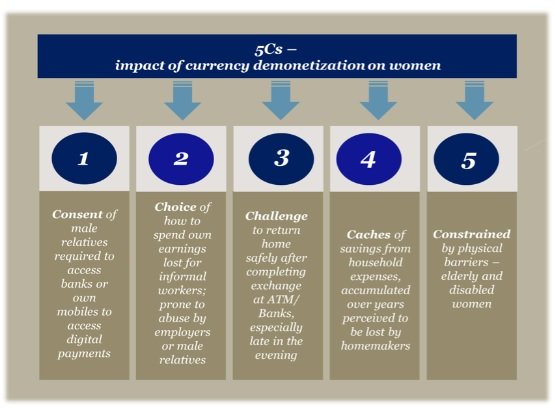Cash lends a helping hand in case of domestic abuse
A woman from the UK reveals how she wouldn’t have escaped her abusive relationship without using cashMoney in physical form such as banknotes and coins. More. In the video below posted by consumer group Which?, she recounts her story of finding ‘inventive’ ways of handling her finances, withdrawing small amounts of cash over time so as not to raise her partner’s eyebrows on larger or unusual purchases if he decided to look at her bank statement.
New research from Which?, found that Britain’s poorest communities are losing access to their cash from ATMs at a faster rate. Since January 2018, almost 8,700 free-to-use cash machines have either closed or started charging a fee for every transaction. Had this occurred in her location, the woman said she wouldn’t have been able to put down a deposit on a home to safely live elsewhere.
Sharing her view in the video, Lisa King, Director of Communications at Refuge, UK’s leading charity providing services to survivors of domestic violence and abuse believes that “Having lack of access to cash is one of the ways in which women are financially controlled… it prevents a woman from leaving her perpetrator. It prevents her from being able to make choices she can because she hasn’t got access to funds… Cash is an essential kind of lifeline for women and children.”
An economy that excludes cash as a paymentA transfer of funds which discharges an obligation on the part of a payer vis-à-vis a payee. More option impacts society and doesn’t cater to all. It’s an issue of concern especially for the unbanked, underbanked, the elderly and the younger generation who are unable to open a bank account in their name. Looking through the gender lens, cash also has a big impact on women. When the Government of India decided to take Rs.500 and Rs.1000 notes out of circulation in 2016, women had to face the negative impact brought about by demonetisation:
(Source: The London School of Economics and Political Science)
- Consent of male relatives required to access banks or own mobiles to access digital payments
- Choice of how to spend own earnings lost for informal workers; prone to abuse by employers or male relatives
- Challenge to return home safely after completing exchangeThe Eurosystem comprises the European Central Bank and the national central banks of those countries that have adopted the euro. More at ATM/Banks, especially late in the evening
- Caches of savings from household expenses accumulated over years perceived to be lost by homemakers
- Constrained by physical barriers – elderly and disabled women
Oftentimes moneyFrom the Latin word moneta, nickname that was given by Romans to the goddess Juno because there was a minting workshop next to her temple. Money is any item that is generally accepted as payment for goods and services and repayment of debts, such as taxes, in a particular region, country or socio-economic context. Its onset dates back to the origins of humanity and its physical representation has taken on very varied forms until the appearance of metal coins. The banknote, a typical representati... More is portrayed in a negative light, carrying a rather negative connotation of power and control. But this woman’s story shows how in times of domestic abuse and emotional distress, money – particularly in the form of cash – lends a helping hand and saves the day.
